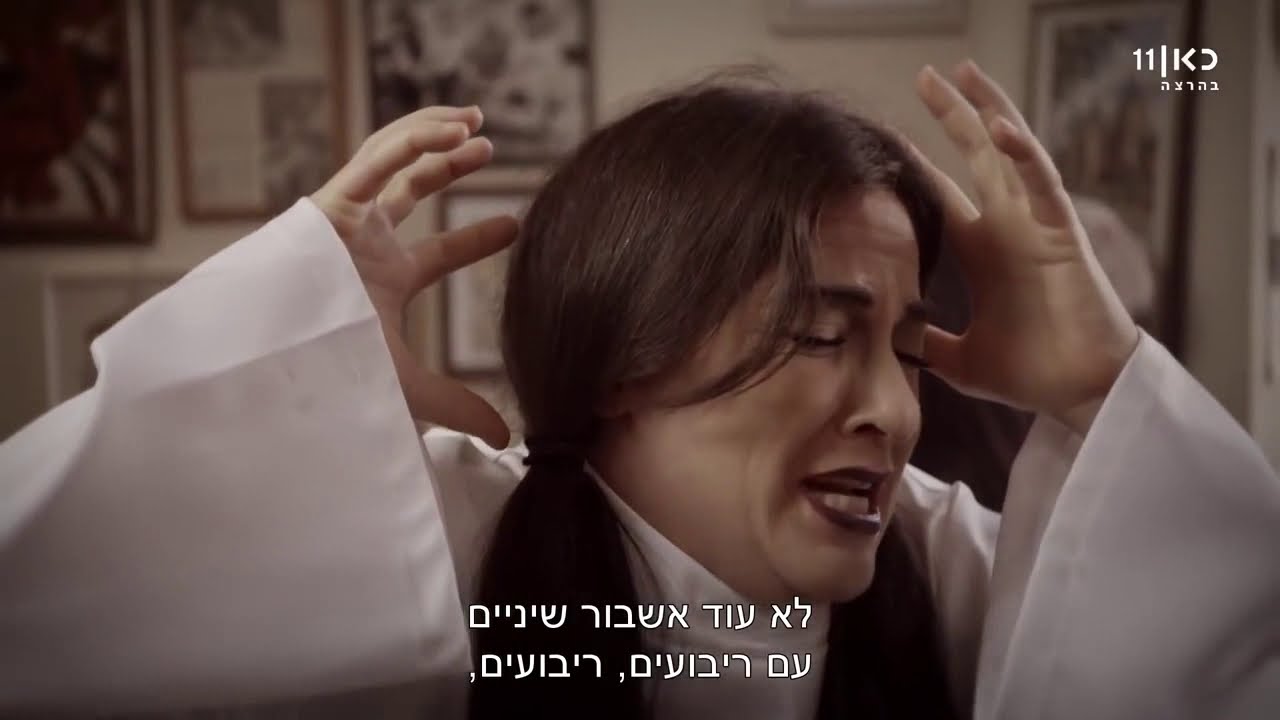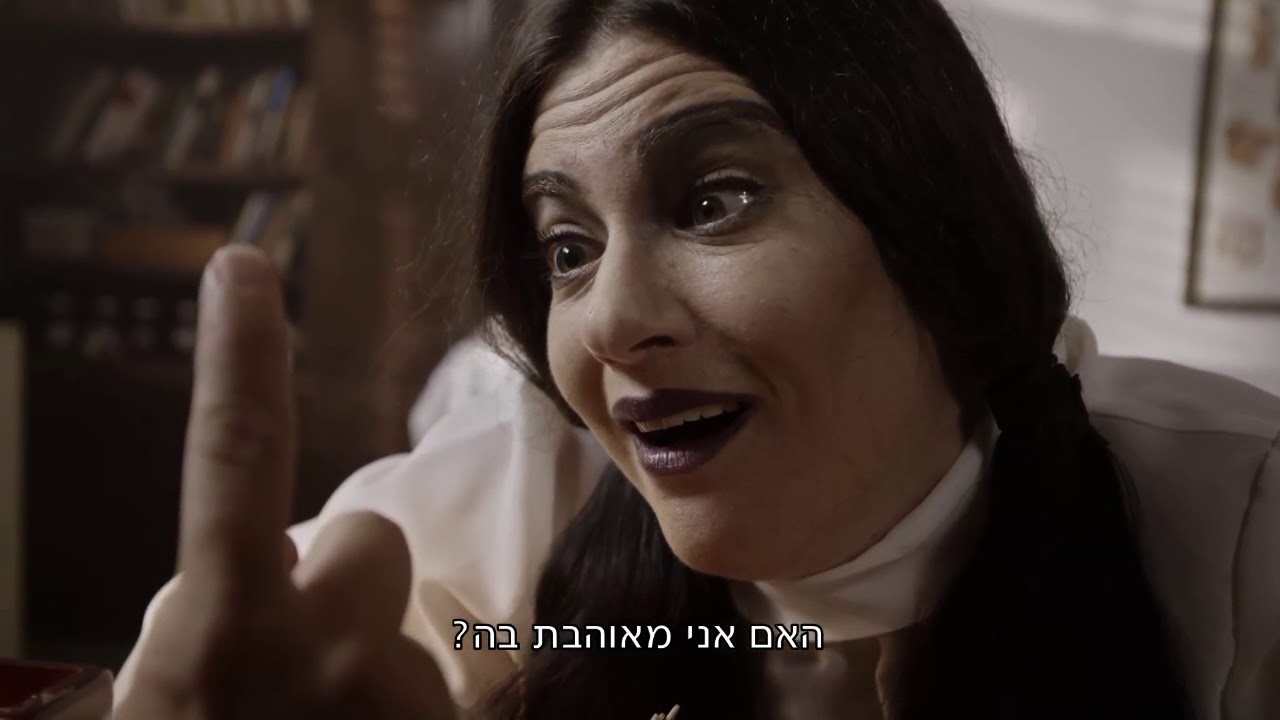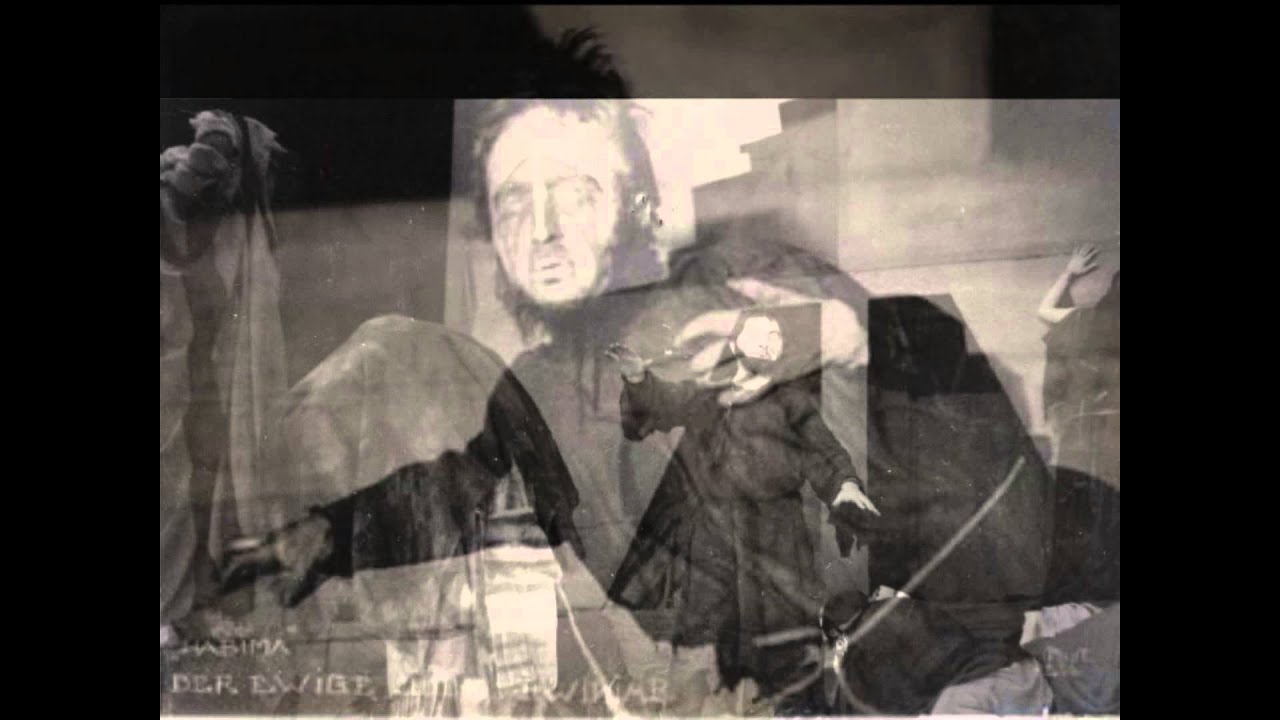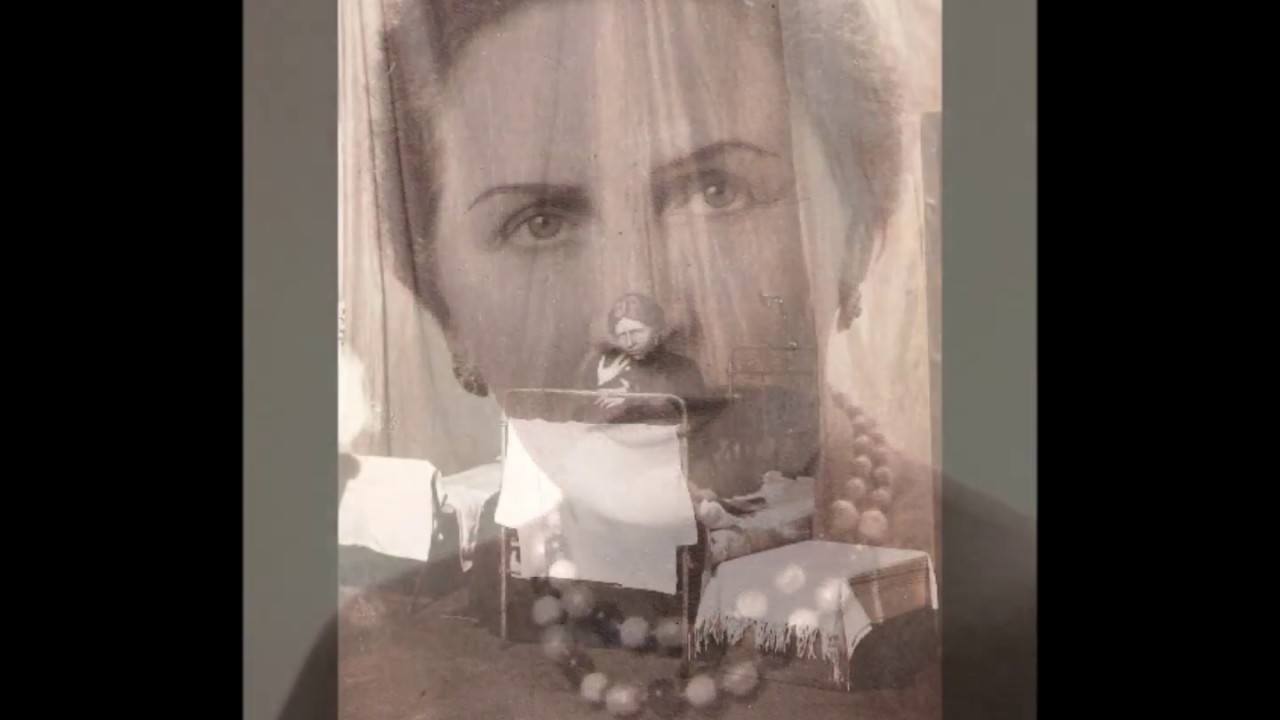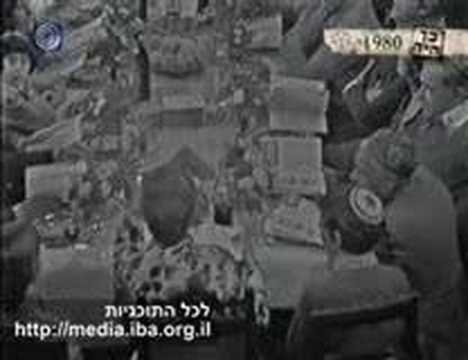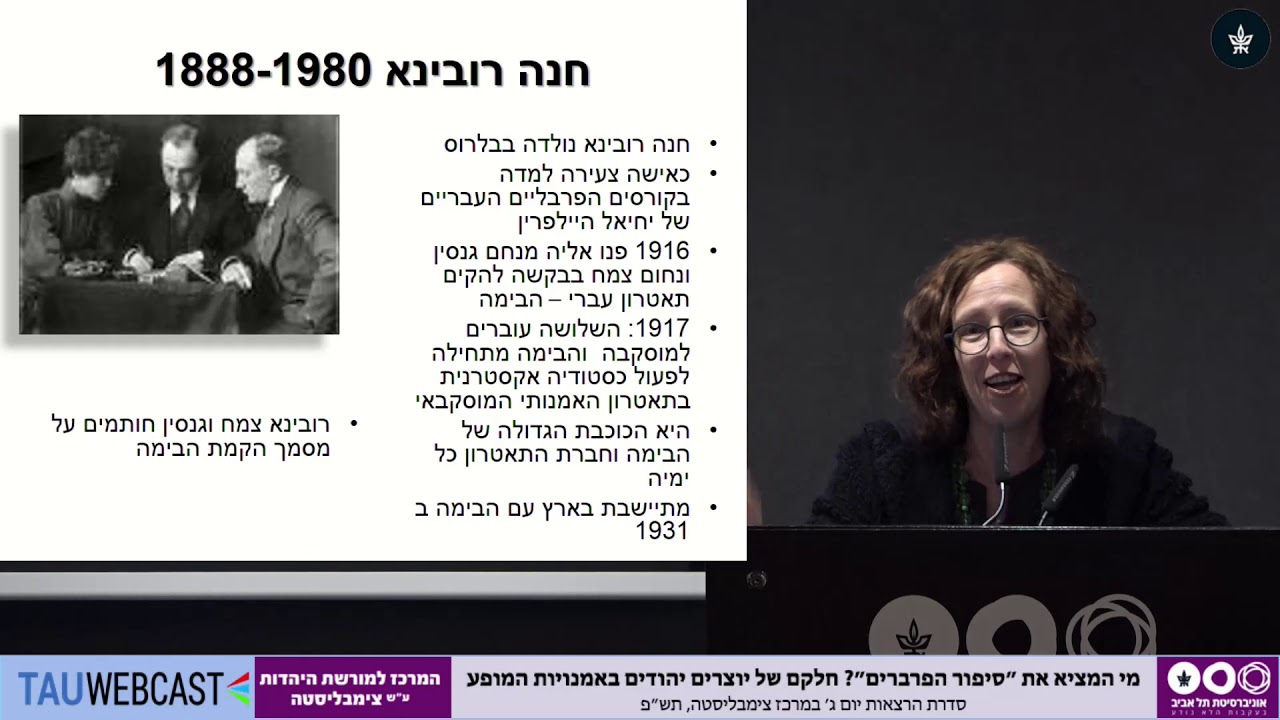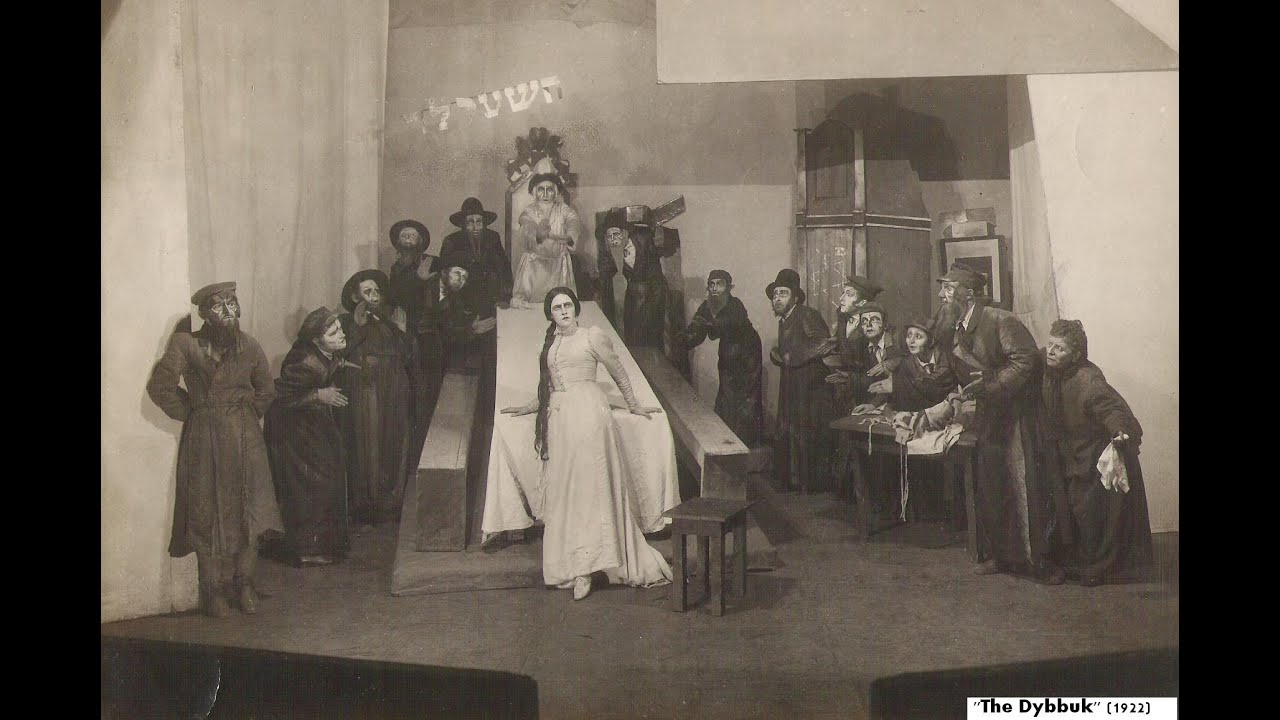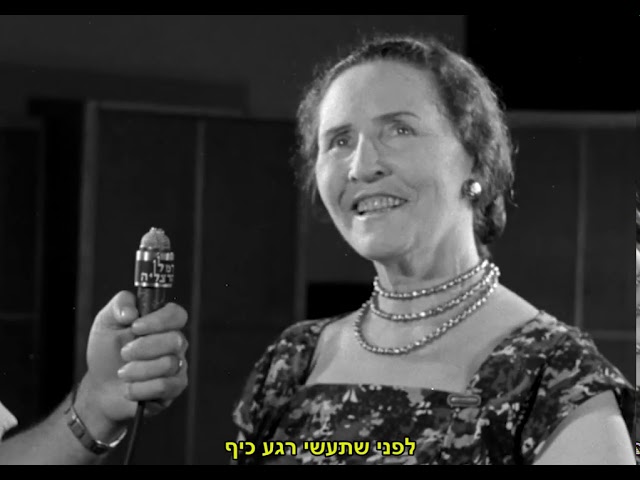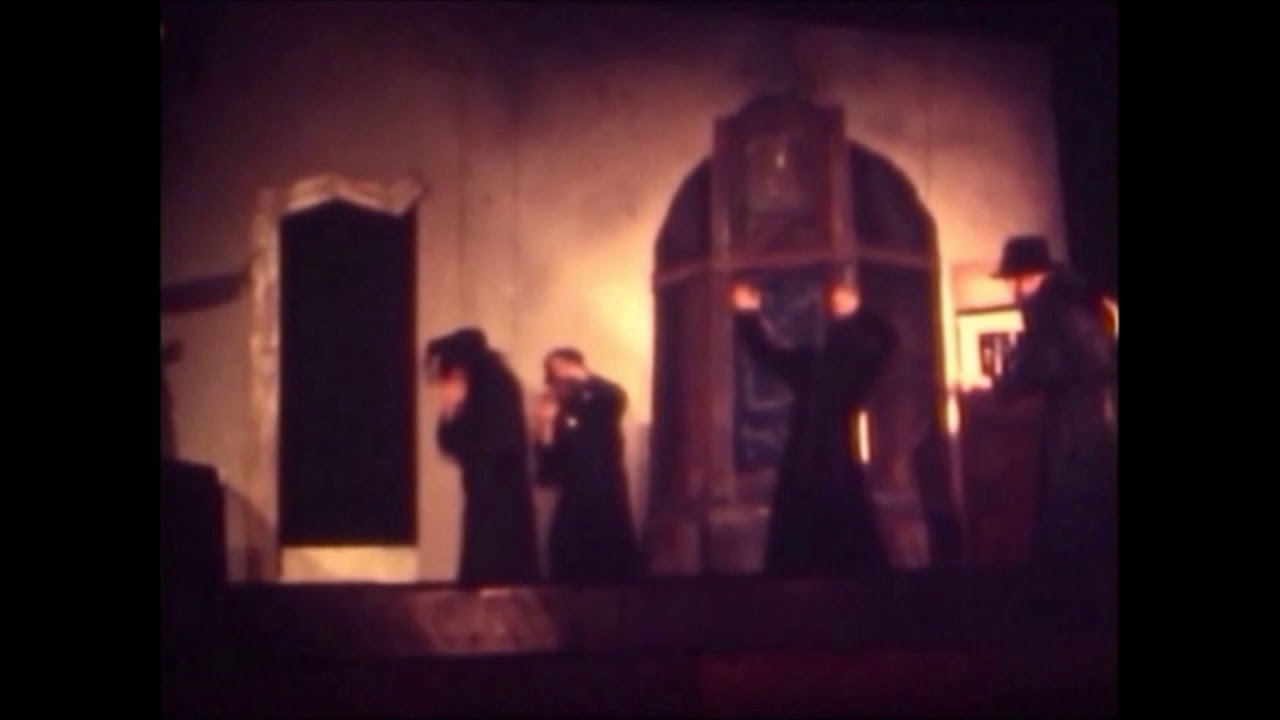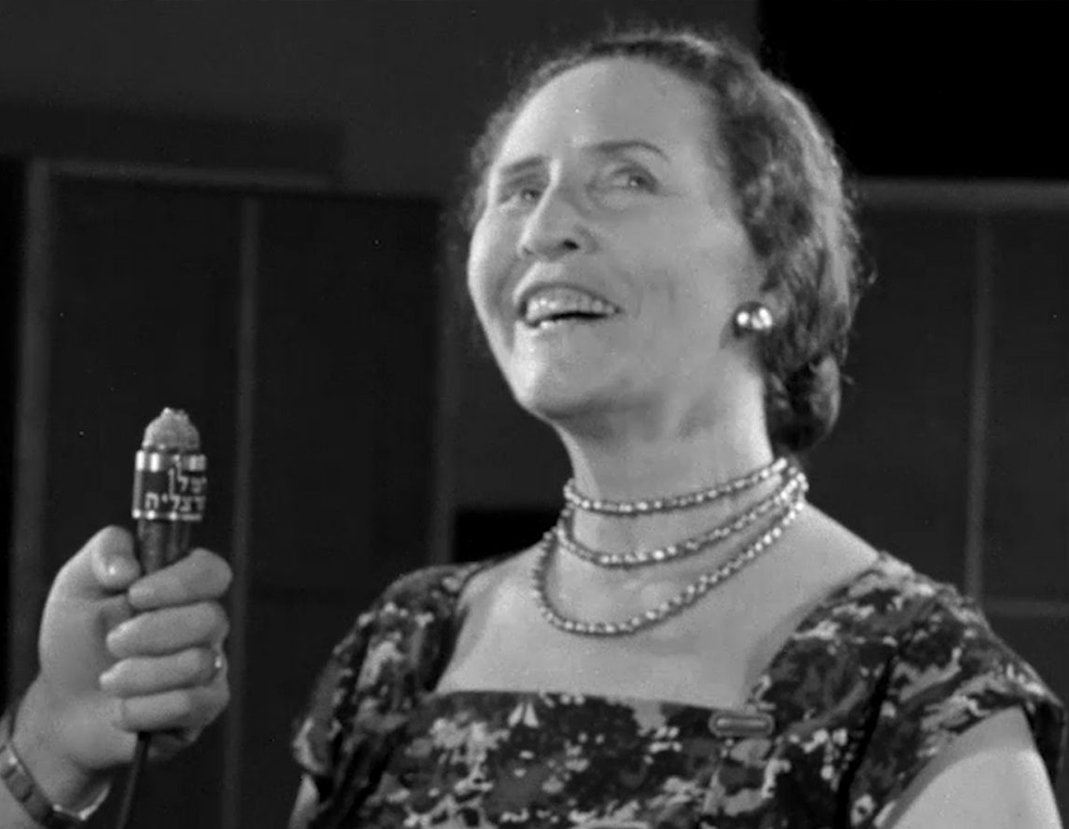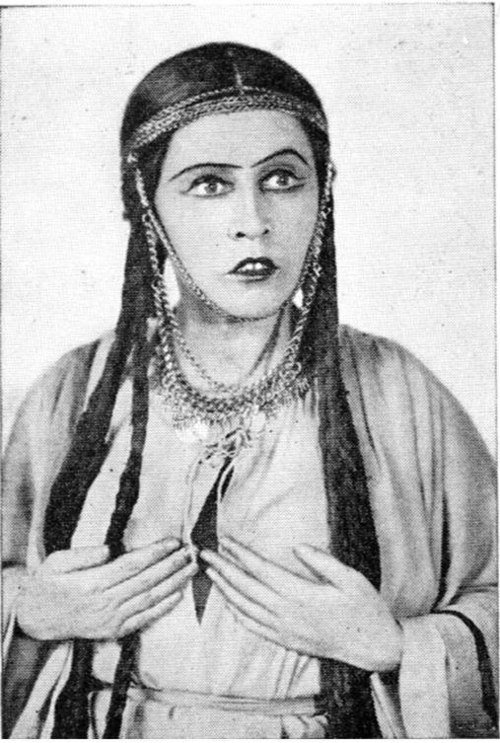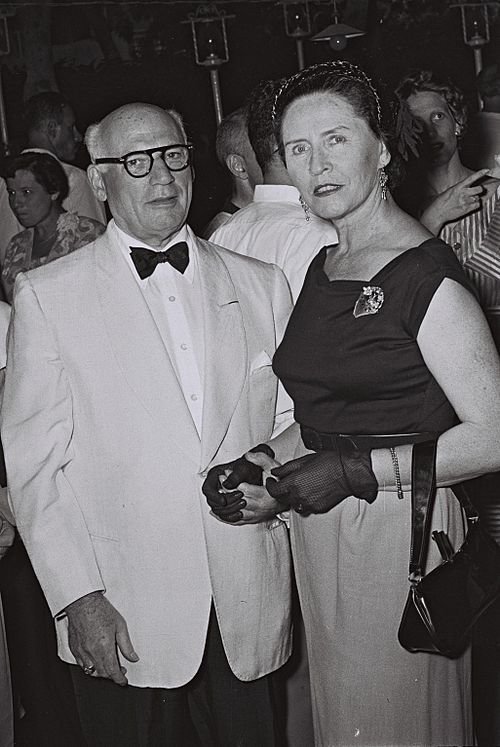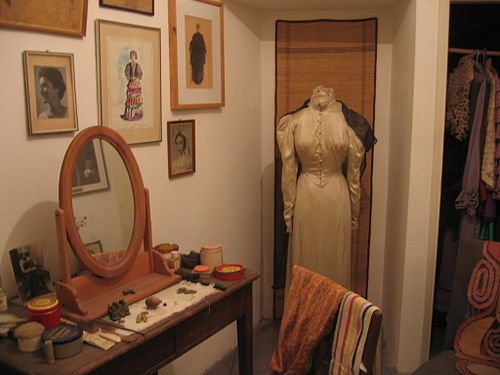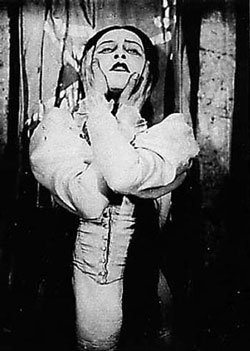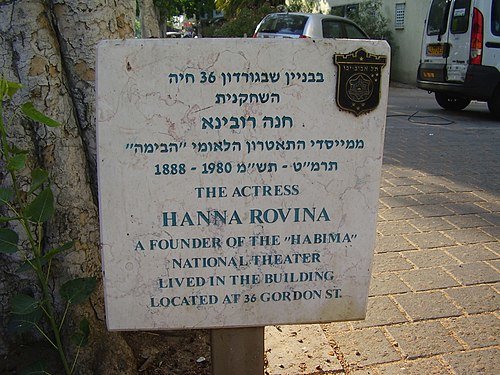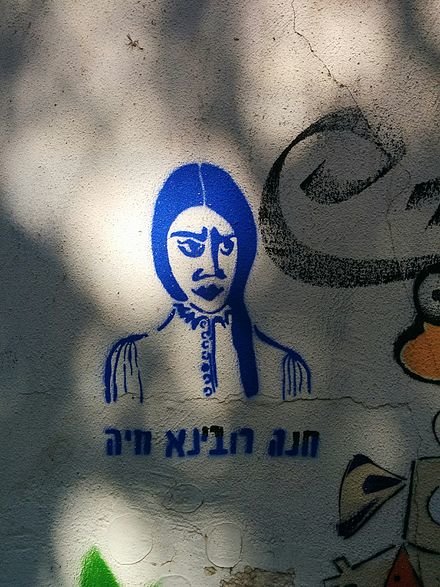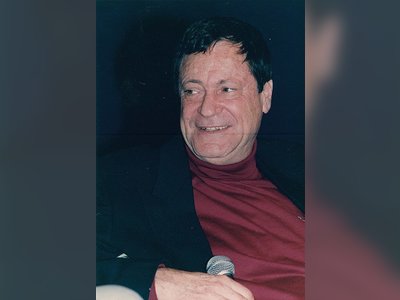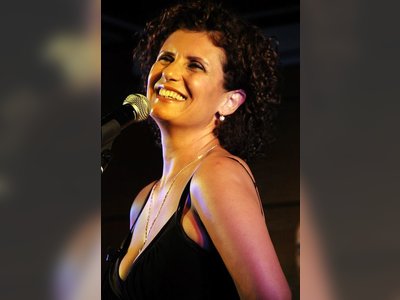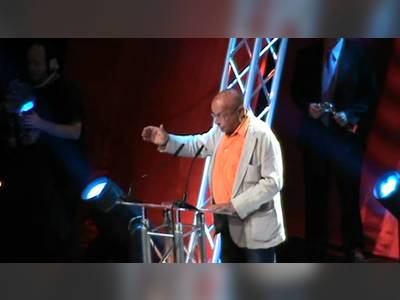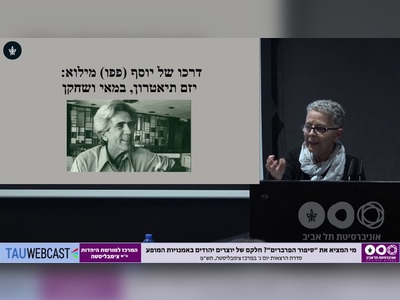מורשת גדולי האומה
בזכותם קיים
beta
Hanna Rovina: The Matriarch of Hebrew Theater
Hanna Rovina, born on September 15, 1888, in the Hebrew month of Tishrei (Tishrei 10, 5649 – February 3, 1980, Shevat 16, 5740), was a prominent Israeli actress and one of the founders of "Habima Theatre." Rovina, recipient of the Israel Prize in Theatre (1956), was often referred to as "the first lady of Hebrew theater."
Early Life
Hanna Rovina celebrated her birthday solely according to the Hebrew calendar, on Yom Kippur. Different sources cite her Hebrew birthdate as Tishrei 9 or Tishrei 10. Her year of birth remains uncertain, with claims ranging from 1888, 1889, to 1892.
Hanna Rovina was born as Hanna Rubin, the daughter of David and Sarah Rebecca, in the town of Brzeziny, which was part of the Minsk province in the Russian Empire (now in Belarus). Her father was a member of the Chabad Hasidic community and worked as an official in a timber trade warehouse. Hanna attended a girls' school run by Moshe Rubintsik, a passionate Zionist and playwright, where she learned Hebrew. She also attended a Russian royal school. During her youth, she spoke Hebrew fluently and showed great talent in acting and singing.
She traveled to Yekaterinoslav (now Dnipro, Ukraine) for studies but had to interrupt her education. She worked as a private tutor in a Jewish family in a nearby village for over a year. Later, she attempted to enroll in a teaching program in Kyiv but was denied permission to reside in the city. Consequently, she traveled to Warsaw, where she was accepted into a Hebrew teaching course under the guidance of Yechiel Heilprin. During her studies there, she attended lectures on history given by Yitzhak Grinboim.
Upon Heilprin's recommendation, Rovina began her career at his theater, "Habima." In 1917, she joined the newly formed "Habima" theater company in Moscow and participated in its inaugural production, "Neshef B'reishit" (The Dull Spirit).
In 1921, Hanna Rovina married actor Moshe Halevy, who also performed at "Habima." Due to professional disagreements and Halevy's desire to pursue directing, he left the theater and moved to British Mandate Palestine in 1924. In 1925, Rovina followed him to Palestine and asked him to acknowledge paternity. When he refused, they divorced. Rovina returned to Moscow. That same year, her parents, brother, and sister immigrated to St. Louis, USA.
Activities in Israel
Hanna Rovina arrived in Mandatory Palestine with a group of "Habima" actors in 1928 and became an emblematic figure in Hebrew theater, particularly at "Habima." She gained fame for her role as Leah in S. Ansky's play "The Dybbuk," which was originally titled "Between Two Worlds." Her popularity was so immense that the logo for "Habima" for many years featured a girl in a white dress with two long braids – a representation of Rovina's character in "The Dybbuk."
Every role Rovina took on at "Habima" was characterized by intense drama and emotional depth, reflecting her serious approach to acting, often based on the Stanislavski method.
During World War II, she appeared before Jewish Brigade soldiers in Italy and other locations. After the war, she performed for Holocaust survivors in refugee camps, including Röszke and La Spezia. During the Israeli War of Independence, she entertained Israeli soldiers.
Hanna Rovina was held in high esteem and admired by the public, transcending the boundaries of theater due to her unique personality and uncompromising social stance. In 1934, she publicly unveiled her romantic relationship with poet Alexander Penn, who later became known as a singer under the pseudonym Ilana Rovina.
In 1958, during Israel's tenth-anniversary celebrations, Hanna Rovina read the Scroll of Independence in a ceremony that reenacted the declaration of the state at Independence Hall.
She appeared in two films, "Tzebar" in 1933 and "Iris" alongside Gideon Singer in 1968.
In her later years, Hanna Rovina collaborated with playwright Nissim Aloni, participating in various productions. Aloni even wrote "Doda Liza" specifically for her. She portrayed Madam Zara the fortune-teller in Aloni's play "The Zealots of Jaffa" and, in her older years, played Donna Christina in "Eddie King," also penned by Aloni.
Rovina was known for her strict adherence to theater etiquette, and on several occasions, she halted performances when the audience did not behave appropriately. Students who attended the play "Hannah Senesh" by Aharon Meged still remember the traumatic moment when she stopped an emotional scene, turned to the students, and shouted, "Stop cracking sunflower seeds!"
Hanna Rovina continued to perform on stage almost until her death. Her final theatrical role was Queen Mother in "Richard III," but she did not even make it to the premiere due to health issues. In her later years, she resided on Gordon Street in Tel Aviv and, in her final days, in a nursing home in Raanana. She passed away on February 3, 1980, at the age of 91. She is survived by her daughter, Ilana Rovina, and her granddaughter. The day after her death, a eulogy was delivered at "Habima," and Shimon Peres mourned her.
Hanna Rovina received numerous awards and honors during her lifetime, including the Israel Prize. Her legacy continues to live on, with streets named after her in cities such as Tel Aviv, Haifa, Be'er Sheva, Petah Tikva, and Herzliya. In 1992, Israel Postal Service issued a stamp in her memory.
In 1937, graphic artist Mirron Sima created a portfolio of prints titled "Hanna Rovina in Life and on Stage," featuring ten stone prints. In 1956, another print was created, portraying her as the character Medea.
Even after her death, Hanna Rovina's legacy endures. In 2014, novelist and artist Amos Oz published "Friends from Jerusalem," a novel that focuses on the love story between Rovina and Alexander Penn. In this novel, Oz chose to present his characters under different names but highlighted the compelling love story that unfolded within the vibrant bohemian circles of Tel Aviv. Amos Oz, the son of the renowned writer Yosef Oz, was born in Tel Aviv and grew up within the city's bohemian milieu, making him well-acquainted with both Hanna Rovina and Penn, who visited him shortly before his death in April 1972.
In 2017, authors Daphna Engel and Shay Lahav presented a children's show titled "Hanna Rovina: The Legend" to commemorate the centenary of "Habima" theater's founding.
Actress Yael Sharoni portrayed a satirical version of Hanna Rovina in the comedy series "The Jews Are Coming," emphasizing her dramatic acting style and transforming her character into a comical icon.
- חנה רובינאhe.wikipedia.org
